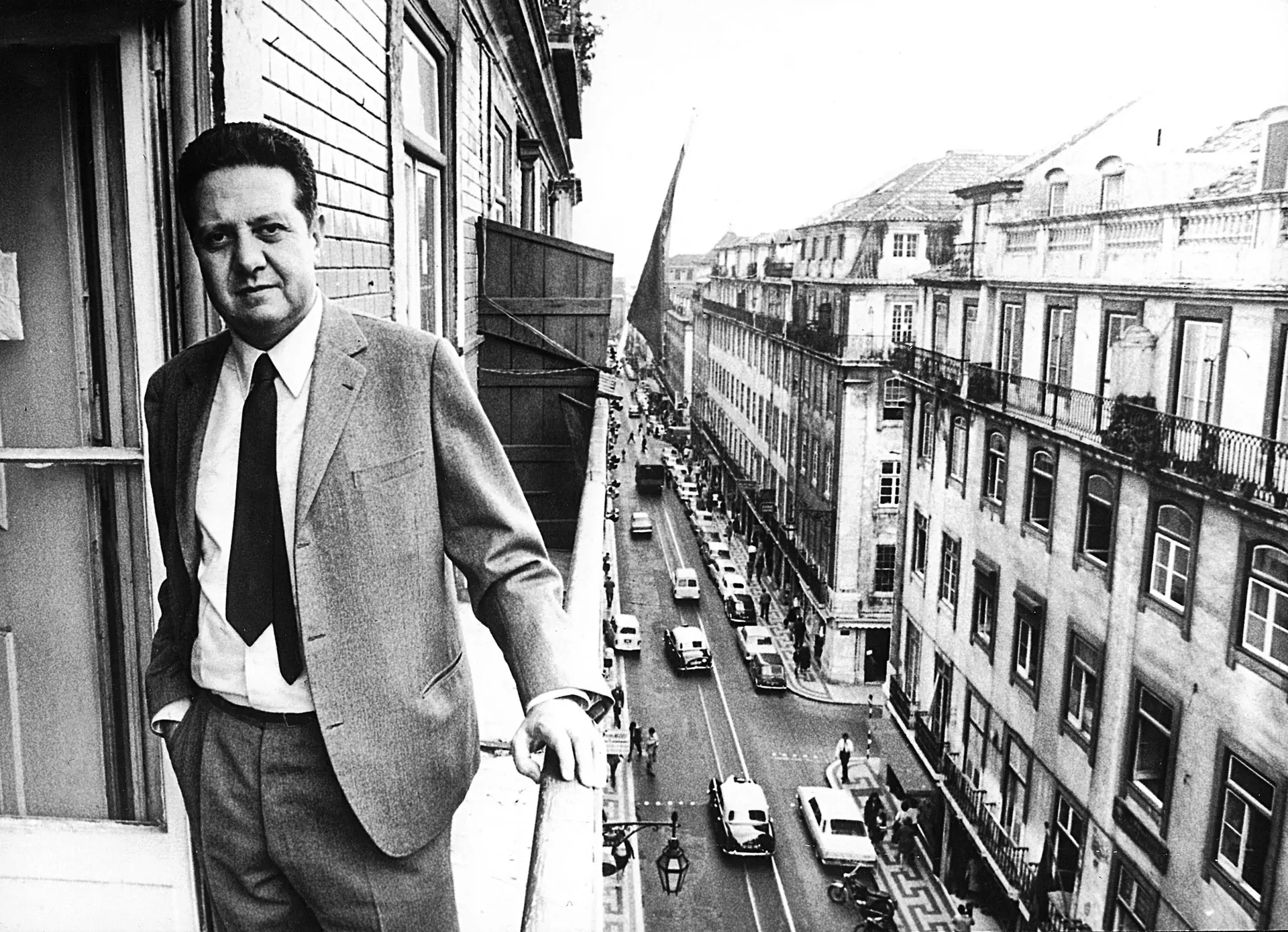
Only one Swiss film is participating in international competition in Locarno this year. “With Manga D’Terra, I wanted to pay tribute to the women of Ribollera on the outskirts of Lisbon,” Swiss and Portuguese director Basil da Cunha said in Locarno.
Like his previous two feature films – “O Film do Mundo” (Locarno, 2019) and “After the Night” (Cannes, 2013) – this film, centering around the heroine Rosinha, played by singer Ileana Rosa, was filmed in the Ribolera region. A proposal that oscillates between musical comedy with Cape Verdean voices and documentary.
We follow the journey of this 20-year-old young woman, arriving from Cape Verde, who has to start from scratch, with no one to support her, Nonha Gomez, a resident of the neighborhood who has become an actress, told the press. She plays Rosinha’s boss.
“I would like to say as a preamble that this film is off-camera than the previous films, giving a voice to women. Because until now, I prefer to make films for boys,” said the 38-year-old Swiss director. Nationality: Portuguese.
Revenge through music
“My ambition is to show the many ways of being a woman, especially this young woman who finds her strength and power in music, a way to take her revenge. Ileana Rosa’s contribution is enormous not only because she carries and embodies the film.” But also because it is her voice that we hear when she sings and she composes most of the songs.
Music and creativity are ways to survive in migrant neighbourhoods, says Lausanne-based photography director Patrick Triche.
“Every society needs cinema”
If the film is meant to be light, its backdrop is immigration. Basil da Cunha, who left Lausanne, said: “Faced with the ‘despicable’ reality of those who have not succeeded and must leave, ‘we have a desire to create legends. Every culture, every people, every society needs cinema and makes it.” He settled in the Ribolera region about fifteen years ago.
Basil da Cunha is used to working with Cape Verdeans as well as non-professional actors. “He takes some of the life from our stories to build his film,” explains the film’s lead actress, Ileana Rosa.
“Thanks to the entire Rebolera community, we were able to make this film: they were the ones who brought the decorations, the stories and the music,” continues Patrick Triche. Basil da Cunha makes this population present in the eyes of the rest of the world.
In Portugal and Lisbon, highlighting this area, the site of police raids and often making headlines, has sparked strong debate.
One last movie
Film after film, the director claims that it will be the last in this neighborhood that is about to disappear. “But we will do it again this summer,” he smiles. It’s not the end with the people I shoot with: we are linked forever.” Because he has built a team around him of locals who act in his films.
It is difficult to disagree with the approach taken by Basil da Cunha. The fact remains that despite the ambition and generosity of the subject matter and the subtlety of tone and emotion in many scenes, the structure of this film has something “floating, centered around a single character. The director seems to be detaching himself from himself.” Any real narrative structure is only for Rosinha to observe,” noted one film specialist upon leaving the viewing.
ats





